The government seems to have adapted the ‘Stay Home’ slogan during the continuing Coronavirus lockdown, opting for ‘Stay Alert, Save Lives’.
They have chosen to do this at a time where clear and direct language is critical in continuing to mitigate the virus’ spread, ensuring the NHS and other health/social services remain able to cope, and to safeguard our economy against an even more devastating second wave.
Somehow (!), this has been released before the Prime Minister explains more context behind it in his announcement this evening – it appears this may include a threat level system, similar to the terror, green-to-red. Not a bad idea in itself, but are we already finding ourselves more ‘in the red’ than we would like…?
As reported, in Campaign before the weekend, Public Health England are “…reviewing all communications materials in anticipation of moving to the next phase of the government campaign”. Change, apparently, is good in this scenario.
This blog details some of the issues with using subjective language in marketing, advertising and communication. Would love to hear your thoughts.
K.I.S.S.
If you’ve not heard of ‘Keep It Simple, Stupid’, you have now. Think, also, of ‘less is more’. Could have come from a misrepresented Einstein quote, a fighter plane engineer or, heading back to 1960, the US Navy, depending on who you believe.
That aside, the acronym works. Complication, layering or detail, especially when explaining a complex idea or, in this case, communicating with a wide, varied, or diverse audience, rarely works. Unless you can find that common thread that unifies all people – which is nearly impossible – the chances of getting the same emphasis and feeling across to c.60m people are pretty slim…
Audience subjectivity
“That’s obvious, that’s common sense”. No, no it’s not.
There is no such thing as common sense – as my dear dad used to say. It appears Psychology Today agrees with him.
What is common, is that everyone has a different opinion. It all depends on context – how the next few months affect you personally, socially and economically as an individual, family member, employee, businessperson, home owner and so on. Everyone has different views and opinions about what is going on, that are true for that person, at that time, in that situation.
Stay Home vs Stay Alert
This, however, means that a word as undefined as alert can have multiple connotations, invoking a variety of feelings or emotions to different people. Even as a definition, ‘possible’ or ‘potential’ danger is in there, adding more complexity. Stay alert is subjective, whereas stay home is objective – not influenced by personal feelings or views.
Home is more clear and defined – widely acknowledged as the ‘the place where one lives permanently, especially as a member of a family or household’.
Stay home is a direct order and very clear. Stay alert is not. Alert can mean – as explained above – different things to different people. Could mean being vigilant (paranoid or anxious for others), keeping a distance (what does ‘where possible’ mean in this instance…), not hugging, having a party, or just going ‘back to normal’ – “thank God that’s all over'“.
Of course, not everyone will obey every rule or instruction. However, one person’s ‘alert’ is not necessarily what another person feels. There is a risk that a great number of people could discount the original message of ‘Stay Home’. The emphasis on isolation and everything that has built around that is at risk of being washed away.
Finally – the imperfect storm
A Bank Holiday weekend, decent weather for a couple of days (“summer is here”), 6+ weeks of lockdown cabin fever, the economy taking a massive hit, some elements of the media driving a lifting-lockdown mentality, and everyone missing friends and family will have an effect.
The public is a great beast, with myriad opinions, some less aware of certain factors than others. In this era of fake news and unvalidated sources becoming near-facts, I don’t envy the government teams and its advisors one bit. The audience is broad, and the challenge vast. However, in my opinion, this slogan change is not moving in the right direction.
What next?
It appears that the three devolved nations have officially rejected the slogan change. Scotland, Wales & Northern Ireland are sticking with ‘Stay Home’, in a big blow to the government. My thoughts are with the many top advisors and comms professionals that do solid work at Westminster– especially since the beginning of the year. Yet, it doesn’t seem like any of them were asked for their thoughts, this time around.
Let’s wait and see what Prime Minister Johnson has to say at 7pm this evening. The Coronavirus comms story looks set for another chapter, at least. Hold tight for a fun week, comms folk. As Asif from @CommsHero says, is this one of those ‘make it bad, so people talk about it’ campaigns…? I, for one, hope not.
Any thoughts? What do you think of the changes, from a communication angle? How are you feeling about the message adapting at this point?



